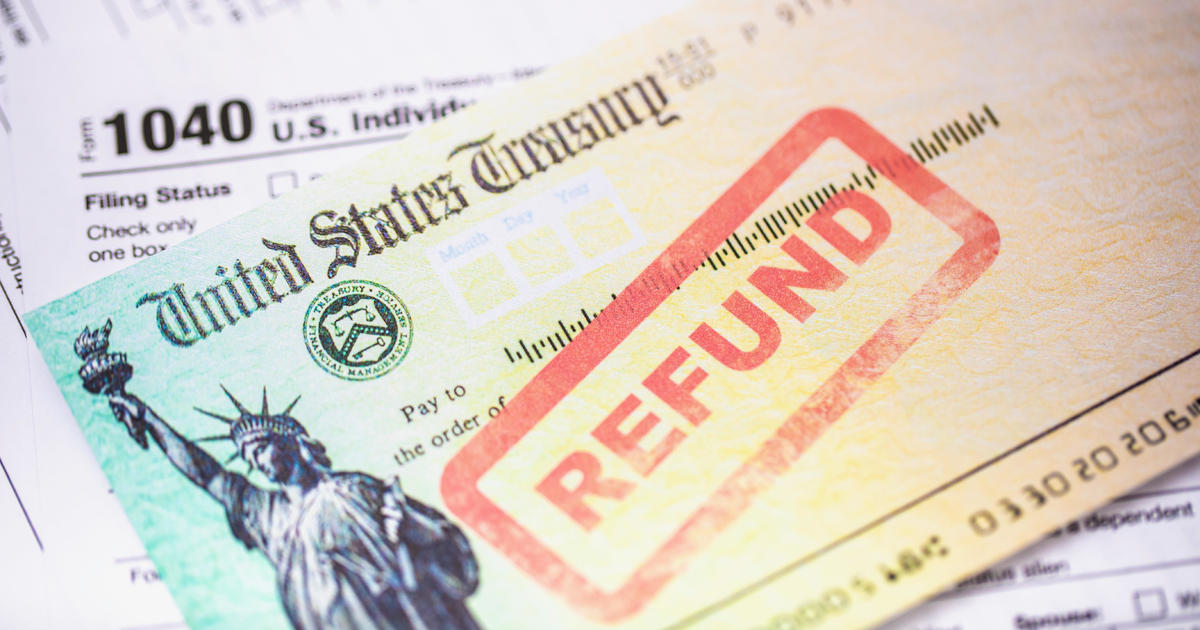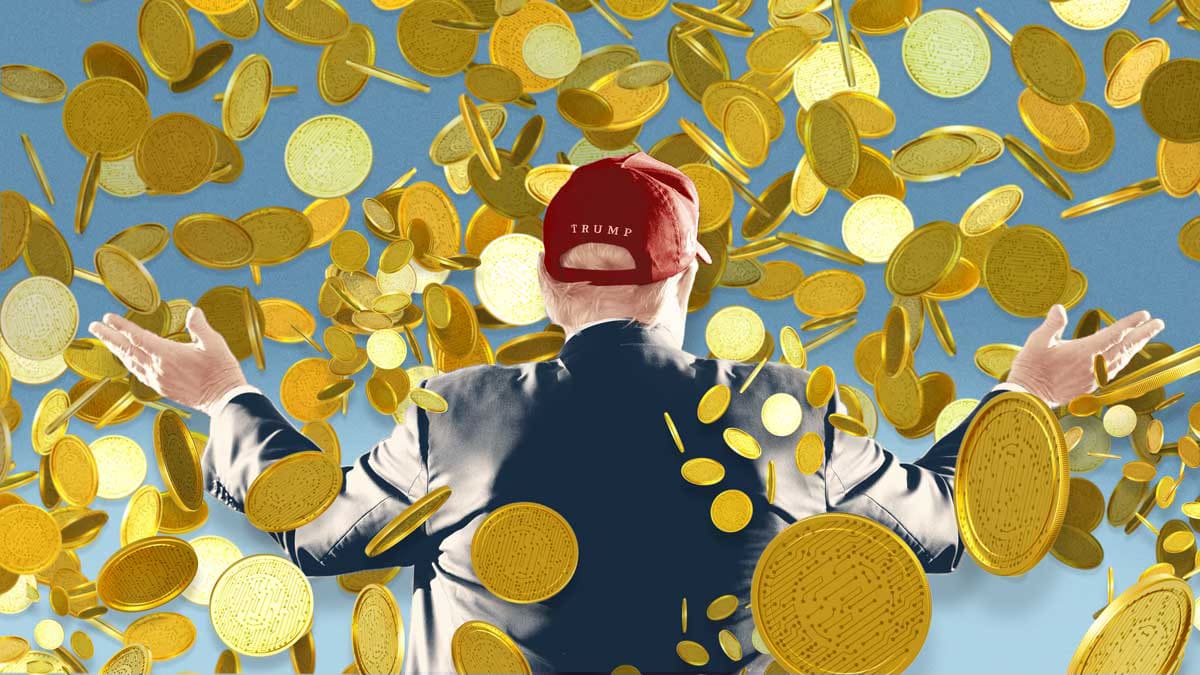Bitcoin tops $1,000 amid growing acceptance of cyber currency
The value of digital currency bitcoin topped $1,000 on Monday for the first time since 2013, marking a comeback that could see it gaining further acceptance.
According to research firm Coindesk, bitcoin’s price rose to $1,008, short of the $1,125 peak hit in late 2013 but a vigorous rebound from its three-year low of $210 in January 2015. Driving that run-up has been a surge of buyers in China and India, where government crackdowns on moving money abroad have resulted in massive adoption of the “cryptocurrency.”
Still, bitcoin remains controversial. To its supporters, the cyber cash is an efficient means of payment and other money transfers that are non-inflationary and anonymous, avoiding the heavy hand of government authority over the currency supply. To its detactors, it is little more than a scheme that can cost people money and also serve as a conduit for illegal activity.
Nonetheless, its success this past year -- bitcoin has more than doubled since early January 2016 -- shows the digital money has staying power. Its worldwide value is now $16.4 billion.
But let’s put that figure in perspective: That’s a mere fraction of the value of money in circulation, which totals north of $80 trillion (add in other sources of value like stocks, bonds, gold and derivatives, and it’s well over $1.2 quadrillion -- with a quadrillion being a thousand trillion).
Introduced in 2008 by an as-yet unidentified programmer who went by the name Satoshi Nakamoto, bitcoin has slowly gained a foothold in the world’s payment system. In early 2016, some 100,000 merchants were accepting the virtual currency, including mainstream companies such as electronic payment system PayPal, travel service Expedia and software giant Microsoft (MSFT).
The concept ran into trouble in late 2013 after hackers broke into a Tokyo bitcoin exchange called Mt. Gox, stealing $450 million. The price tumbled. Now that it has surged anew, a Coindesk survey of market participants had an optimistic take on the currency’s outlook this year, with estimates as high as $2,000.
Bitcoin allows people to pay and make money transfers on a peer-to-peer basis, without an intermediary. A decentralized network of computers, known as miners, verifies and records transactions. The miners get paid for their monitoring services in new bitcoins. No central banks or national financial ministries are involved, let alone commercial banks and other money transfer companies.
According to Grayscale Investments, sponsor of a fund devoted to bitcoin, the advent of the cryptocurrency is as revolutionary as the internet, which changed how humanity communicated. In a statement on its website, the firm proclaimed bitcoin would usher in “a similar revolution in financial services, where digital currency replaces our antiquated, costly and time-consuming systems.”
Meanwhile, the debate continues on whether bitcoin is a boon or bane. The pro side of the argument celebrates:
Bitcoin’s non-inflationary nature. Advocates sound a lot like “gold bugs,” who pine for the days when currency rates were pegged to the price of the precious metal. Gold-backed money couldn’t be conjured out of thin air, as the Federal Reserve, the European Central Bank and others can do. The total supply of bitcoin is capped at 21 million units. The scarcity principle is vital, according to bitcoin buff Tuur Demeester of Adamant Research. He has stated that bitcoin is “as if gold was invented seven years ago.”
So when the supply rises to the 21 million mark, won’t that limit bitcoin’s growth? Not really. Every four years, the number of individual bitcoins is halved, a schedule in keeping with a rule imposed at the system’s outset.
Its ease of transaction. Bitcoin uses a super-fast technology called blockchain. Ever try to transfer money between two banks? It can often take several business days. With bitcoin, the money is channeled in a split-second. That’s why Wedbush Securities in 2015 projected that, by 2025, some 10 percent of the (now $385 billion) online payments market will be in bitcoin.
Its evasion of government controls. A rash of bitcoin tranasactions have occurred in China lately. It’s a way around capital controls implemented by the Chinese government, which is troubled by its citizens transferring yuan holdings out of the country as the currecy’s value slips. Beijing has put a cap on transfers: $50,000, which is not enough to invest abroad.
But bitcoin is the original stealth technology for finance. Goldman Sachs analyst MK Tang estimated that Chinese capital outflows in September grew to $78 billion, more than double the amount in August. As of 2015, China has 620 million users of web-linked phones.
A similar situation exists in India, where the government is recalling paper money that it believes is too easy to counterfeit. Unfortunately, banks are running out of the new rupee notes, leading to an enormous mess. That has generated a big rush to bitcoin to get their money elsewhere.
By the same token, the bitcoin skeptics charge that:
Bitcoin provides secret money transfers for bad guys. The most notorious case was the Silk Road website, which existed on a corner of the online world called the dark web. It trafficked in drugs, child porn, weapons and other illicit activity before authorities shut it down in 2013. The medium of financial exchange was overwhelming bitcoin.
But many more such black market sites exist, helped by bitcoin. The British-based Internet Watch Foundation has placed the number of bitcoin using kiddie porn sites as more than 200.
Cyber crooks also invaded computer servers of several hospitals and town governments last year and locked up their emails. If the institutions paid off the crooks in bitcoin, the victims would be able to unlock their systems.
It aids in tax evasion. Because no third parties, like a bank, oversee cryptocurrency movements, the Internal Revenue Service suspects that bitcoin is a fertile ground for avoiding taxation. The IRS probe of bitcoin centers on a major bitcoin exchange called Coinbase. The agency recently asked a court to issue a broad-ranging summons of Coinbase’s records, in search of tax dodgers.
Jerry Brito, executive director of the Coin Center, a bitcoin research firm, has labeled the action an unconstitutional “fishing expedition.”
The currency’s value is volatile. Traditional currency moves are generally gradual enough so investors can adjust. Not bitcoin. Last year, it had many daily shifts around 10 percent. In 2013, during the Mt. Gox problem, bitcoin saw drops of as much as 40 percent.
Bitcoin likely has a future, and the problems may be just growing pains. But for the moment, the cyber currency is shining.





